Hard to believe that a term with the words “cookie” and “party” is terrible.
But third-party cookies are crumbling, and the party is shutting down.
Google Chrome’s recent announcement to halt using third-party cookies is stopping (should be stopping) B2B marketers in their tracks.
Companies use third-party cookies to track website visitors, improve the user experience, and collect data that helps target ads to the right audiences.
What is a third-party cookie?
Cookies are small text files placed on users’ browsers after they visit a website.
Third-party cookies are set by a website other than the one a user is currently viewing.
Rotten Cookies
Unfortunately, third-party cookies have a dark side.
Cookies threaten users’ privacy and are a security risk to the websites that use them.
Advertisers use third-party cookies to track your purchase behavior and hit you with ads after leaving their site.
Some entities use third-party cookies to falsify the identity of legitimate users. They store authentication data to gain access without users’ knowledge. (I didn’t know this, and now I decline cookies on websites.)
See.
A few culprits spoil it for the rest of us.
The Deal
So what’s the big deal?
The deal got serious late in 2019 when Chrome announced they would phase-out all third-party cookies by 2022.
Google Chrome makes up more than 56% of the web browser market. Chrome also accounts for more than half of all global web traffic. (Statista)
Ouch.
Safari and Firefox have blocked third-party cookies since 2013, but they have a much smaller market share.
Now what?
Here’s the truth.
Google Chrome’s third-party cookie phase-out could impact some areas of your business.
How do you know if you will be affected?
First, examine what applications you use and understand how they are using third-party cookies.
- Are you using conversational marketing (Drift or Qualified)
- Do you use an external application for webinars? (On24 or GoToWebinar)
- Are you using a vendor to put a video on your website?
Make a list and reach out directly to understand how your applications use third-party cookies and if it could affect their services to your business.
What about Account Engagement?
Account Engagement uses third-party cookies to track visitors.
But Account Engagement got to work and now offers several new, robust tracking features to stay in a first-party context:
- Uses first-party cookies with optional third-party
- Has expanded multi-tracker support
- Provides analytics request validation to confirm domain
- Allows default campaign for tracker domains
These features are currently in Beta (still could have coding issues) and will be available for your action in upcoming releases.

